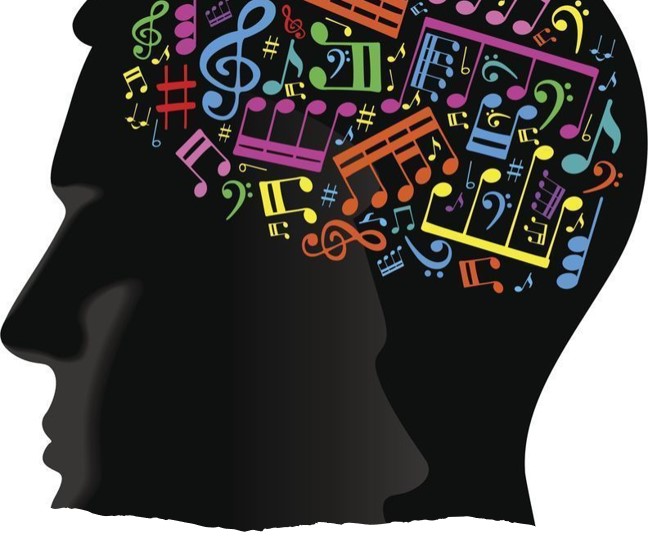
Music holds a unique and powerful ability to evoke emotions, stir memories, and shape our moods. Whether it’s the energizing beat of an upbeat pop song or the soulful melody of a classical composition, the psychology of music plays a profound role in influencing our emotional states.
Emotional Resonance: The Connection Between Music and Feelings
Have you ever noticed how a particular song can instantly transport you back to a specific moment? This phenomenon is not merely coincidental; it results from the intricate interplay between music and our emotions. Research in psychology has shown that music has the capacity to trigger a range of emotions, from joy and nostalgia to sadness and tranquility.
The Science Behind the Emotion-Music Link
At its core, the emotional impact of music is rooted in the brain’s intricate neural pathways. When we listen to music, various brain regions, including the limbic system, light up. This is the same part of the brain responsible for processing emotions. As a result, music can directly stimulate emotional responses, leading to feelings of happiness, relaxation, or even melancholy.
Matching Mood with Melody
One of the most intriguing aspects of music psychology is its ability to mirror and even alter our current emotional states. Listening to uplifting and energetic tunes can help elevate your mood if you’re feeling down. On the other hand, when you’re seeking solace, soothing melodies can provide comfort and relaxation.
Moreover, personal experiences and cultural influences play a significant role in shaping our emotional responses to music. A song that elicits joy in one person may evoke nostalgia or sadness in another, depending on their unique life experiences and cultural background.
Harnessing Music’s Emotional Power
As a listener, understanding the psychology of music can empower you to curate playlists that align with your desired emotional states. Need an energy boost during a workout? Opt for high-tempo tracks that inspire movement. Looking to unwind after a long day? Choose calming instrumental compositions to create a peaceful atmosphere.
Musicians, too, can leverage the emotional impact of music to craft captivating compositions that resonate with their audience on a deep level. By strategically employing musical elements like tempo, harmony, and rhythm, composers can evoke specific emotional responses and enhance the overall impact of their creations.
In conclusion, the psychology of music provides a fascinating glimpse into the intricate relationship between sound and emotion. Whether you’re a passive listener seeking to enhance your mood or a musician striving to create meaningful connections through your art, recognizing the power of music to influence our emotions enriches our understanding of music and ourselves. So, the next time you press play on your favorite song, take a moment to reflect on the profound emotional journey it might just take you on.
Get Involved with Mon Valley Academy for the Arts!
- Check our schedule for all our upcoming events
- Enroll in music lessons
- Volunteer your time and talents
- Sign up for our monthly e-newsletter (use the form below)
